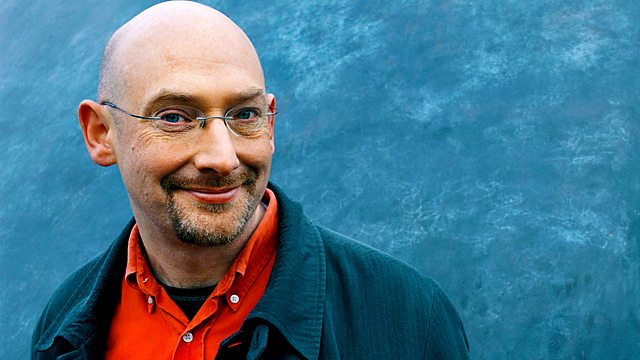Medical Micro Machines - The Superorganism
Quentin Cooper investigates the nature of superorganisms such as ant and termite colonies and asks if human society could be heading the same way.
Medical Micro Machines
In the 1966 film Fantastic Voyage, a motley crew of medics and glamorous assistants jumped aboard the submarine Proteus before being miniaturised and sent off into the body of Jan Benes.
Their mission was to remove a potentially fatal blood clot from his brain, and the idea of treating people with mini machines has been in our collective psyche ever since. Despite being unable to shrink either people or submarines, researchers are successfully combining biology with mechanics and electronics.
Professor Tony Turner from Cranfield University joins Quentin Cooper to discuss the world of biosensors – where special molecules read the make up of our bodily fluids and pass the information to electronic devices. But to keep all these devices running, we need more power.
So project leader Martin McHugh and researchers from Southampton University have developed a battery that’s powered by the heart. Both guests discuss this new frontier in medicine – including where it’s going, safety issues, and the public response to fusing man and machine.
The Superorganism
Ants are remarkable examples of miniaturisation. In computer terms, they pack a surprising processing power into a small space. But as animals go, they are still quite simple, relying on instinctive, repetitive behaviours.
But an ant colony is very different and can display complex behaviour and what looks like planning and even creativity far beyond the knowledge and capacity of any individual ant. According to biologists E.O.Wilson and Bert Hölldobler, writing in a new book, an ant colony is an example of a ‘superorganism’.
Altruistic cooperation, complex communication and division of labour all contribute to the biological organisation that transforms a colony of individuals into a superorganism. Research into the superorganism provides a deep look into a part of the living world hitherto glimpsed by only a few. Ants, termites, bees all make the transformation to superorganism.Could human society be going the same way?
Quentin is joined by Bert Hölldobler from Arizona State University and Charlotte Sleigh from the University of Kent, author of ‘Ant’ and ‘Six Legs Better’ and an expert on the history of the study of these fascinating creatures.


